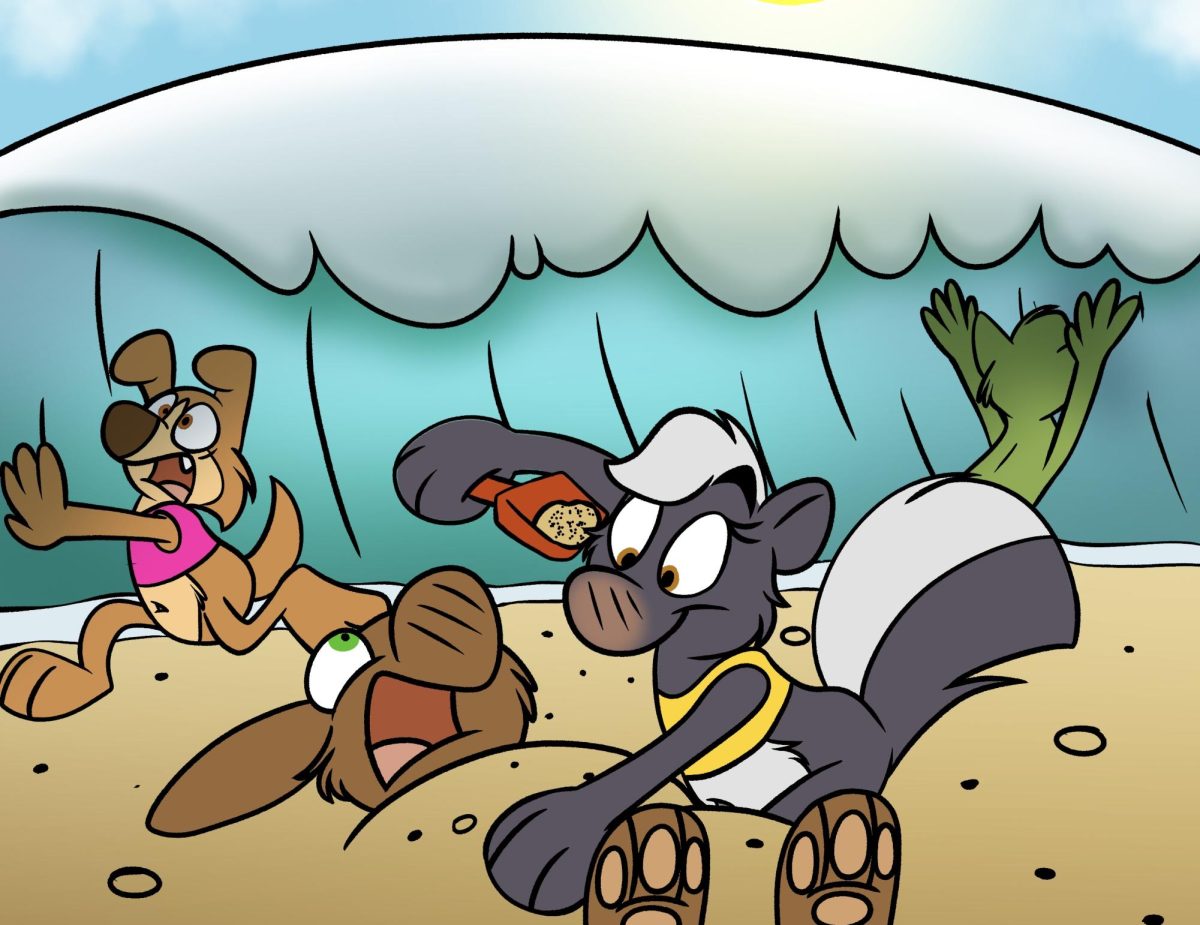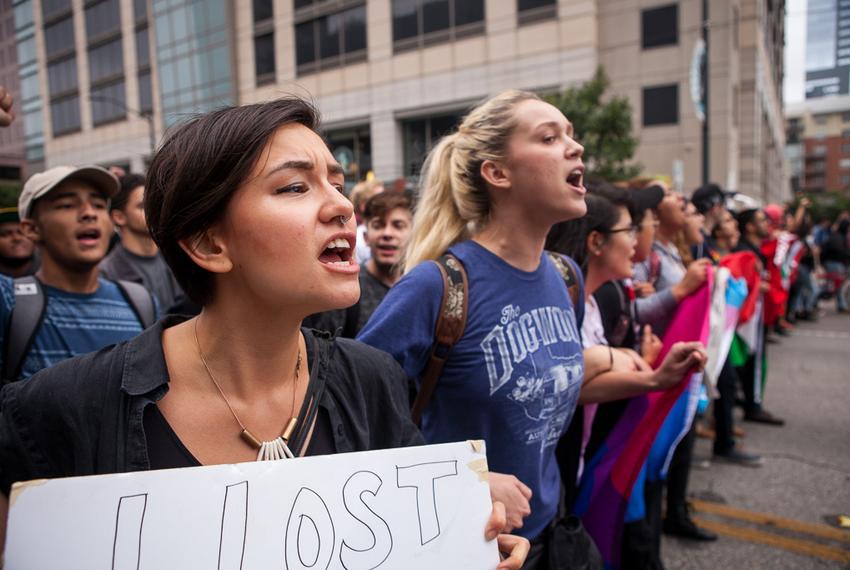By David Silva
The student body at the University of Missouri finds itself under vast media attention due to protests, a hunger strike and an entire football team boycotting against what they perceive as “a racist institution.”
The responses to these protests have been polarizing, with politicians and political pundits praising them as heroes or labeling them disgraceful.
Regardless of the stance that we individually take on the situation, it is undeniable that the unity among protesting students, the use of nonviolent assembly and, most importantly, the disruption of profit from the football program were successful tools that gave voice to a seemingly voiceless group.
In accord with the Missouri protests, the most memorable collegiate movement to spark change is the Vietnam protests of the 1960s. The youth of the time protested the United State’s involvement in the Vietnam War and the draft lottery. The protests began with a small percentage, but over time grew to nationwide strikes that marked a major shift for the war and ultimately ended the draft lottery.
The students at the University of Missouri and the nationwide Vietnam protests are separated by decades and by their topics for unrest, but both protests share a unified rage that enabled them to grow and to continue.
Despite the racial hostilities in Missouri, the protesters have taken up a nonviolent manner to create change. Less than two hours away from the university, the city of Ferguson is still recovering from the violent riots a year ago. On Aug. 9th, 2014, police officer Darren Wilson shot and killed Michael Brown, an unarmed African-American teen. The ensuing unrest resulted in violent protest in which buildings were set on fire and St. Louis County was placed in a state of emergency. Unlike the Ferguson riots, students are utilizing their knowledge to raise awareness and have done so in a manner that cannot be condemned as damaging or counterproductive.
The hunger strike and football boycott show the awareness college students have to provoke attention and response.
The biggest factor that caused the resignation of President Tim Wolfe and Chancellor R. Bowen Loftin is money, football money to be exact.
Viewing protests as an important cause, the football team’s black players joined to boycott all team activities including games and practice. When the players gained the support of the rest of the team, including the head coach, the university administration could (literally) not afford to remain immobile. There’s no logical way that the university administration would allow millions of revenue from ticket sales, concessions, merchandise, TV spots, and forfeit fees to go down the drain, so they acted swiftly.
Loftin and Wolfe are without a job, and the student protesters, with the support of the football program, will have their demands met, which include a written apology from Tim Wolfe, a 10 per- cent increase of black staff, and racial awareness curriculum. As a result, college football players from different universities will soon realize their monetary worth. The ability of the University of Missouri players to utilize the football program’s financial importance is ingenious. They’ve managed to create intrigue and change to an otherwise small and unrecognized protest, and that will not elude the mindset of dissatisfied athletes across the country.






